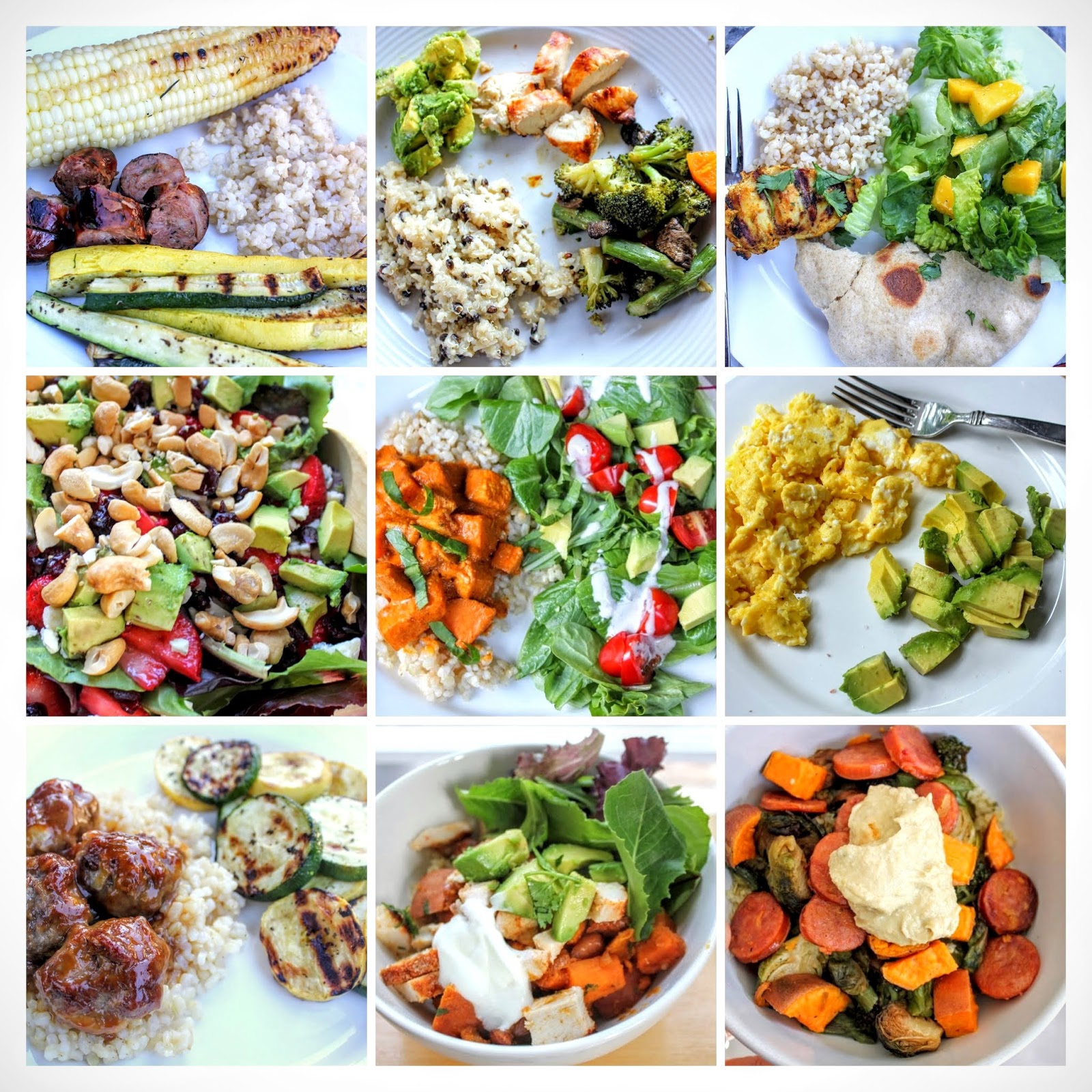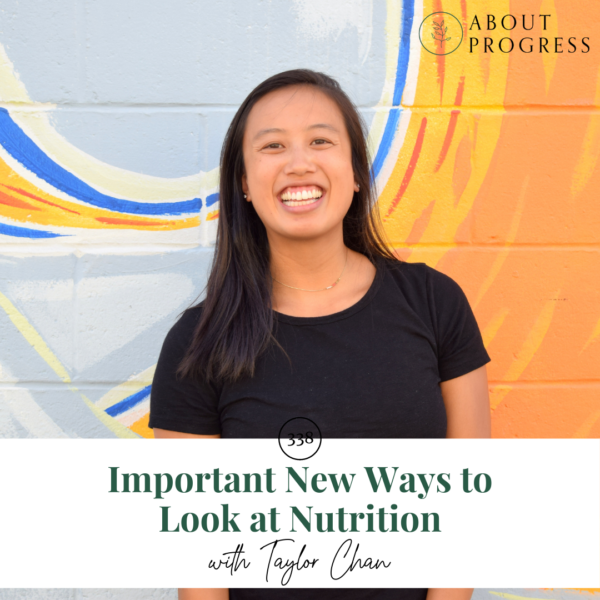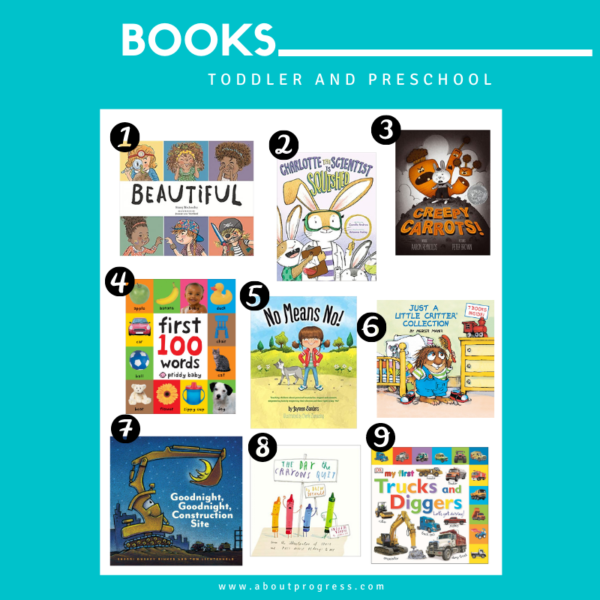Up until around six months ago, I felt like feeding our kids didn’t necessitate us buying much more food from the store than Brad and I needed for ourselves. But then my children started eating us out of the house.
Bella, who was by all accounts (too) skinny for her age for most of her life, is lately always, always hungry. She’s finally catching up! She downs three or four bowl of cereal in the morning, eats a home-prepared snack while in kindergarten, eats a good lunch when she’s back home, and wants a large snack an hour later. Granted, she eats the least at dinner while RG pounds his plate away. (He’s my little foodie: “Mmmm! It’s good. I like it!”)
Lately, I’ve been treating Costco like my normal grocery store and I go there once a week. And every Friday, my fridge is empty and ready to be filled again.
Because I’m curious and would love this information myself, here’s what our typical meal combinations are around here for three kids ages 5, 3, and 1. I’d love to hear what works for your kids!
Breakfast:
* Cereal: Honey Nut Cheerios or Honey Bunches of Oats
(Sidenote: usually, cereal is our go-to. Honestly, I don’t love cereal (they’re so sugary and hard to fill up on!), so I typically do my own thing. But cereal is easiest and my husband has been most often getting breakfast for the kids while I’m rushing home from my workout or getting things packed around the house. “Special Cereal” like cinnamon toast crunch, is saved for the weekend…)
* Whole Milk
* Banana
* Scrambled Eggs or Hardboiled Egg (we go through phases of eating lots of eggs instead of cereal, or alongside it)
* Green smoothies
Lunch:
* Toast, with either a little jam or agave nectar
* Carrots or baby tomatoes
* Diced Cheese
* Deli Turkey, rolled up
* Craisins
(Sidenote: the above foods are their lunch 80% of the time. My oldest needs routines.)
* Turkey Sandwich
* Leftovers from last night’s dinner
* Scrambled eggs (leftover from breakfast!)
* Green smoothies (leftover from breakfast!)
Snacks:
* Apples/Bananas
* Applesauce
* “Applegurt:” plain full-fat yogurt mixed with sugar-free applesauce
* Yogurt: plain with some jam or agave mixed in
* Homemade granola bars (I’m sharing a recipe later this week!)
* Homemade muffins (wheat with banana/zucchini/pumpkin–always with chocolate chips!)
* Toast
* Baby tomatoes
* Cheese
(Sidenote: My kids know they get a fruit or yogurt choice before a grain choice. They almost always have both!)
Dinner:
* Whole Milk
* Whatever I make! I don’t do short-orders. We do lots of fresh-mex, chicken and rice, salads, pastas, and the like.
* Dessert: handful of chocolate chips, something I baked recently, or a little ice cream.
Beyond WHAT we feed our kids, I thinks it’s more important to focus on HOW we teach our kids about healthy eating. Here are some more thoughts on our family’s attitude about food that we continue to work on:
1) Keep an ATTITUDE of Gratitude: I want my kids to love a salad and taste some eggplant or mushrooms. I do my best to encourage fruits and veggies first. I tend to buy organic when I can. I rarely purchase fruit snacks, goldfish, granola bars, or kid snacks from the store, even the organic ones. One reason is because I want my kids to have fresh food where I know the ingredients; but the bigger reason is that I’m too cheap and prefer to either make the snacks myself, or just hand them a ready-to-go whole apple instead. I love encouraging healthy food and healthy habits.
BUT! I also try my best to never label foods as “bad” or “good” I don’t buy into the “cheat day,” or “cheat meal” talk, either. I don’t even label foods as “unhealthy” to my children, instead we try to teach that all food is OK to eat, but some make us much stronger than others. If my kids beg for fruit snacks at the store, I say something like, “In our house, snacks are usually apples and granola bars!” but never, “Those are bad for you!” And guess what? Sometimes, I happily throw the fruit snacks into the cart and say, “Sure! We can get that this time.”
Because of my history with eating disorders, I realllllllly want to instill in my kids a happy, but balanced, relationship with food. I think there SHOULD be joy in what we eat (broccoli, included) and that some chocolate really can make us a little happier. Simultaneously, I think that food is also fuel, and we shouldn’t eat-without-abandon in order to fill up our emotional voids. (I am admittedly still working on this myself!)
Ultimately, my husband and I try to portray a happy-neutral attitude about food, and carry that same attitude behind how we teach our children about healthy, moderation-based eating. I never EVER bring up how many calories, carbs, micro-nutrient numbers are in a meal I just ate, even if I’m personally well-aware of those numbers. I never vocalize when I’m ashamed of how much I just ate. We talk about eating fruits and veggies so we can be strong and healthy. We make and eat our regular treats with cheerful, but not guilty attitudes; and balance it by responding to requests for more servings with, “Too much of that makes your tummy a little sick! We can have more tomorrow,” but not, “YOU’RE GOING TO GET FAT AND EVIL IF YOU EAT UNHEALTHY FOODS!” (Not that anyone would ever say that… That’s just cruel!)
You can be healthy, you can encourage moderate treats, you can instruct your kids on the values of eating in a way that makes them feel good and their bodies perform well; but you can do it in a NEUTRAL way that enables them to eventually make their own choices without the little angel and devil on their shoulders.
2) Go with Your Gut Instinct: My kids are never forced to finish food or even eat all their vegetables (gasp!). I believe that my children should honor their gut and eat when they are hungry and stop when they are full. The studies I’ve read on this show that kids are naturally born with this ability to regulate when and how much they eat based off of what their body needs; but they can easily be pushed out of it with the mixed messages they receive (such as “You can’t leave this table until every single carrot and potato is gone from your plate!” or, “You just ate your entire lunch! You can’t possibly need another snack…”) I do my best to respond happily (or neutrally!) when my children ask for a snack even an hour after eating a good meal, and equally happy when they stop with food on their plate and announce, “My tummy is full!” I do my best to put my frustration aside if they don’t finish something and put it back in the fridge for later. Doing so calms my cheapskate heart, so food is rarely wasted without my kids’ tummies being unnecessarily stuffed. And I usually offer the veggies first when they are at their hungriest so at least they get something extra nutritious right away!
3) Create “Policies” that Take Away the Fear and Punishment: While dessert can sometimes be a reward (I’m not perfect!!), it is NEVER ever a punishment tool in our house! Our after-dinner treat doesn’t get taken away unless they really haven’t taken a single bite at dinner. Treats and/or desserts are never used in a different punishment context, such as, “If you don’t clean up your room, you don’t get a treat!” (That’s why I bribe them with their daily show instead!)
One of our policies for dinner time is, “You don’t have to like it, but you do have to try it.” That means they sometimes only taste a little bit of the main dish (which of course, breaks my heart when I’ve slaved over dinner), but there’s usually something else on the plate that they like. In the rare case where they haven’t had a tiny bit of dinner, we talk about another one of our policies, in another NEUTRAL voice: “In our family, we eat some dinner before we eat a treat.” We then move on with eating our own dinner instead of staring them down. Even stating our little policies-as-life-facts makes my kids perk up a bit and consider the food on their plate. 9.5 times out of 10, they willingly taste a little bit of whatever they are worried about; if they don’t like it, no big deal. Maybe two times, my daughter has decided her fear outweighs the chocolate chips and declares, “I’m OK not having a treat tonight!” and I respond, “OK! That’s fine with me.” I know she’ll eat more at breakfast and lunch the next day instead of whatever dinner she deemed undesirable. And no one leaves the dinner table crying.
Having some family policies about food helps take away the fear and punishment in moderating what and when kids eat. “I’m sorry! But we eat our treat after dinner, not after breakfast!” or “We can have fruit snacks another time, but for lunch we eat X, Y, and Z.” That way you’re just the messenger, enacting set family policies.
I’m hoping my kids view treats as a regular, enjoyable, but still moderate parts of their every day lives. They sometimes have a cookie or fruit snack with lunch, or an ice cream cone in the afternoon if we’ve gone somewhere fun, they’ve been extra well-behaved, or we’ve had a stinking long day. However, usually if they ask for a treat during the day I say, “You can absolutely have a treat, after we eat dinner!” This works most of the time, I believe, because (see tip #1!) I try to keep my emotion out of it (especially the shame and punishment!)–and I maintain the attitude that these are just our family “policies” I’m forced to enact, and not about good vs. evil.
And just in case you think we’ve got it all together, we don’t! My family is not particularly eager to eat lots of vegetables, and dinner often has the most food left behind. My husband is actually the pickiest of us all! Bella struggles with dinner as she is suspicious of foods that don’t meet her love of ROUTINE! My 3-year old, RG, will try anything, but he doesn’t love tomatoes. And Bean, honestly, I think is the most suspicious of foods of all my babies and tosses a ton of food right off the high chair without even tasting it. But, I continue to offer everything to him with the hopes he’ll get the hang of it. (I do the same with my husband too, ha!) We still have fits over a child reallllly wanting that oreo they spotted at the top of the pantry before they’ve even had breakfast.
We don’t have this down perfectly, we slip up in our positive attitudes about food, or we occasionally forget to not make dessert a reward or a punishment; but we really, really try! I truly can already see that our children are on their way to developing healthy, HAPPY relationships with food that they’ll carry the rest of their lives!
(No pressure, or anything…)
I’m participating in a series today where moms are sharing what they feed to their little ones. If you’d like some more ideas please check them out, and be sure to sign up for the next series at Madeline or Kiana’s blogs:
What about you?! What tricks, routines, and “policies” do you have up your sleeves? What are your go-to foods? How do you maintain a healthy attitude about food in your families?





As usual, this is exactly what I needed to read! I love especially #2. There were times when I was asked to finish everything on my plate and it was always so stressful! I think usually my parents weren't too worried about it though. I can tell my husband was raised that way, because even if he is completely full he still has this drive to finish all the food! I constantly tell him he doesn't have to, we can save it for later or throw it away, but it's totally a mental thing. I like the idea of having a neutral voice toward food. Very helpful!
This is a golden blog post. I absolutely love your outlook/opinions.
I think you are too nice! I really appreciate the you take the time to comment. I am a clean-plate eater too, so I relate to your husband! My husband usually leaves food behind and stops whenever he is satisfied. I admire it and am exasperated by it!
Oh, thank you!
Ha ha then my husband and myself are you and your husband's exact opposites when it comes to food! I have this weird thing where I always leave at least one bite on my plate. Used to drive one of my ex-boyfriends CRAZY! 🙂
Have you read the book called Child of Mine by Ellyn Satter? I have been using her ideals with my kids for the last six years and have loved the results. They are very inline with things you said here. I do add a "one bite" minimum policy at dinner time, which wasn't from that book. But I have seen so many times when my kid didn't want to try something and after they did their one bite, they liked it! Or after taking their one time the last ten times we had that item they decided they did like it. I've read that young children have very sensitive taste buds but they get less sensitive with time. so things that they don't like one year they might like the next year. Too often I see parents who label their kid as "picky" or even "broccoli haters" and the kid lives up to it. Don't give up!
I struggle with this with my two young kids (ages 5 and 3). A few things I've found- like you, no one is required to clean their plate. I have, however, found with my own children they often need a little encouragement to eat their vegetables. What I've found is that with a little encouragement, my kids eat vegetables really well (mostly spinach, broccoli, and green beans). And like you, I try to stress how our bodies need the nutrition in vegetables to grow and be healthy and strong to teach them about healthy eating. One thing we are trying to implement (it's a slow process) is that it's FINE if you don't like something on your plate, you don't have to eat it, but you may not talk about how you don't like it. Mostly, I'm trying to teach them manners for times when they are guests at other's homes. I've had grown adults as dinner guests who have complained about the food I've made for them (not that my preparation was bad, but they just really hate broccoli/salmon/mexican food etc. in general). And I don't want that for my kids. I don't want them to feel compelled to eat foods they just really don't like, but if they've tried and don't like it, they can just leave it on their plate, as long as they don't complain about it. It's all a process, my oldest was pickier as a toddler and has made tons of progress in the last two years. My younger one naturally tries food and likes a wider variety of things. I feel like in general they do pretty well, so I don't stress when other people offer them treats (we live close to grandparents, so it happens often). I love your ideas- thanks for sharing!
Thank you for sharing. Having a 8 month old, I've been lucky that she eats her veggies and her fruits (with some fruit she is not quite ready for) I
Love information like what you posted because in no time I'm going to have to set some policies for my healthy eater! Thanks for the ideas. My mom as taught us to try it before we say we didn't like it. (My sister didn't try foods because my Dad made a big deal about the foods he didn't like) Also one thing that I'm grateful is that my daughters dad loves water!! So she loves her water too, especially if it's nice and cold.